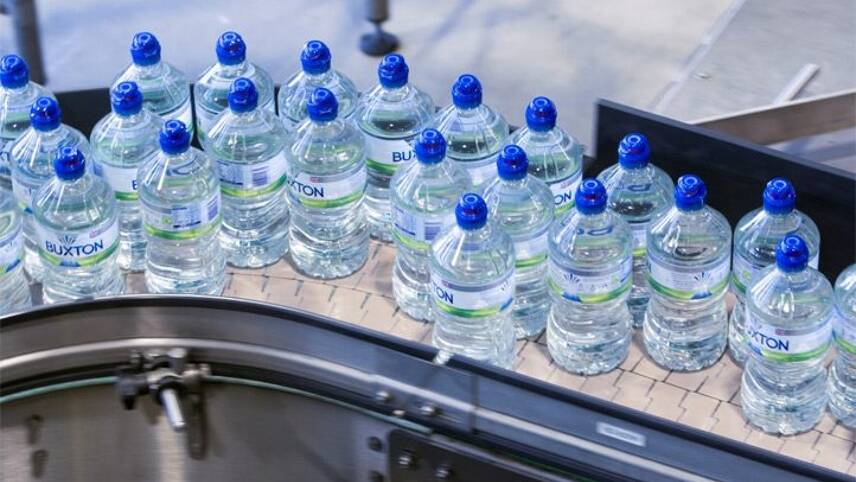Register for free and continue reading
Join our growing army of changemakers and get unlimited access to our premium content

Nestle has said it would have liked to have moved sooner
Buxton last month launched 750ml and one litre bottles made with 100% recycled PET, which are, in turn, recyclable.
The 2021 target will see the brand increase the use of recycled PET across the remainder of its packaging portfolio. All of its other plastics packaging is made using a minimum of 20% recycled material streams at present.
In order to reach its 2021 target, Buxton is calling for support from the UK Government, NGOs and other businesses to help build a thriving market for recycled PET within the UK. All of the recycled PET used across its bottle portfolio at present is sourced from outside of the UK, due to a lack of infrastructure domestically.
“We would love to be able to produce the bottles for our British water in the UK,” Nestle UK and Ireland’s head of sustainability Anna Turrell said. “Therefore, we’re working with industry partners, non-governmental organisations and government to improve the national recycling rate, supporting the UK-wide Deposit Return Scheme and engaging with consumers about their recycling to help make a circular economy for plastics a reality.”
Turrell additionally addressed the concerns of consumers who have called on Nestle to switch to 100% recycled content more rapidly, adding: “We would have liked to have made all our Buxton bottles from recycled material much sooner but there are many challenges to achieving this. The material we use needs to be high-quality food grade.
“The high-quality recycled material retains the same all-important properties as PET, resulting in a product that is lightweight, durable, resilient and still 100% recyclable.”
The move from Nestle comes as it is working to meet its commitments under WRAP’s UK Plastics Pact and its wider ambition to ensure that none of its product packaging, including plastics, end up in landfill or as litter.
Under the latter of these frameworks, Nestle has developed a three-pronged plastics plan, dividing ambitions and actions across pioneering alternative materials, creating a waste-free future and driving behaviour change.
On the alternative materials front, Nestle has launched paper-based pouches and boxes for Nesquik and Smarties by the end of 2019, with similar packaging to be developed for Milo in 2020. It is also investing in US-based recycling innovation firm PureCycle, which aims to boost the quality of recycled plastics, and French green chemistry firm Carbios, which is pioneering a new chemical recycling process for plastics. Water bottles which are both biodegradable and recyclable are also in the pipeline, but Nestlé has not yet set a deadline for bringing this innovation to market.
Sarah George


Please login or Register to leave a comment.